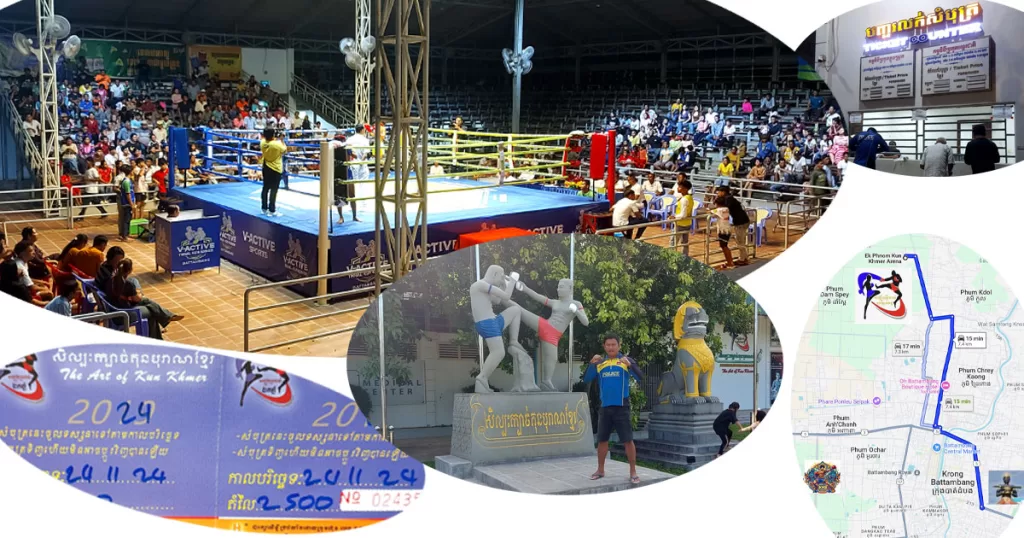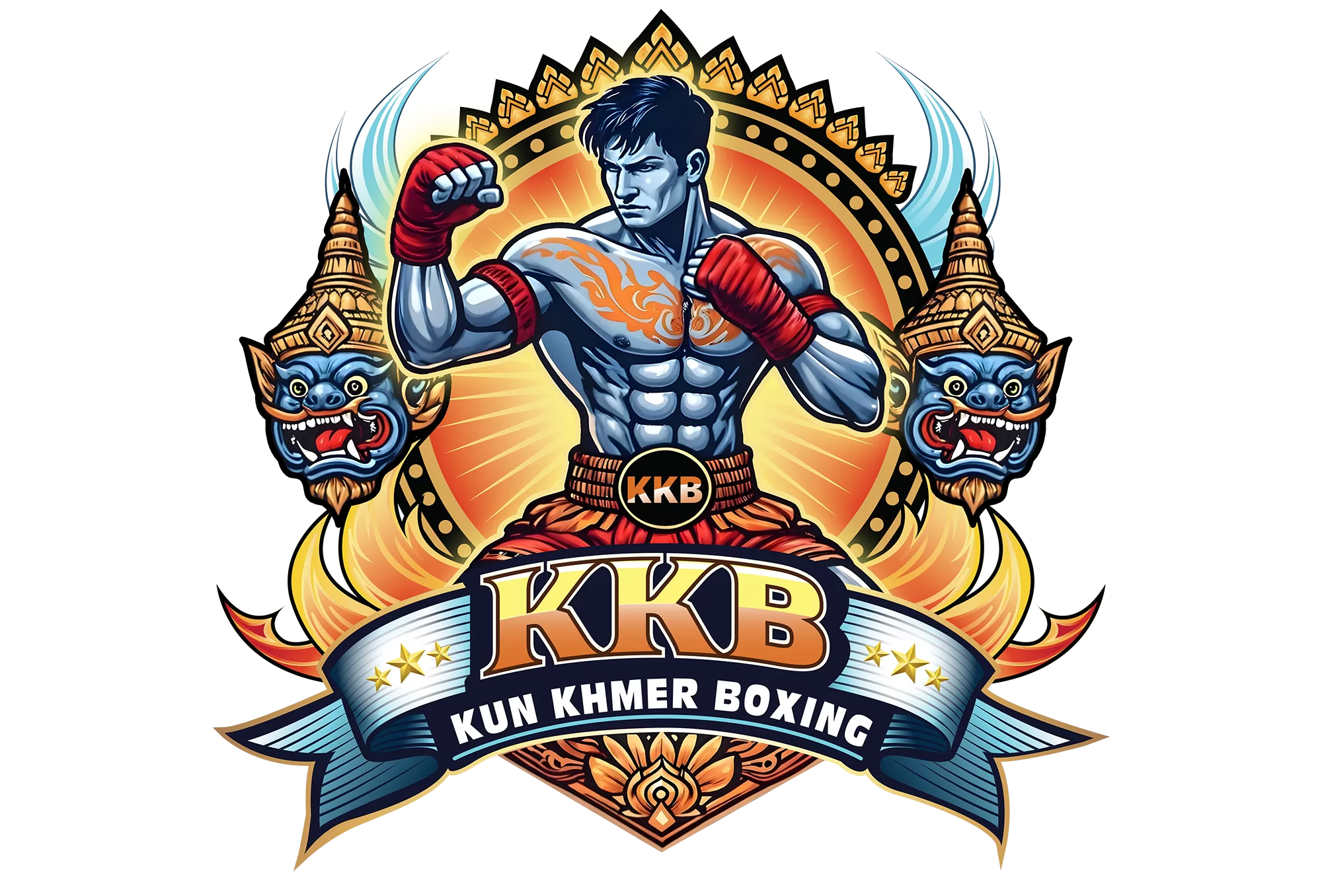Khmer Boxing Stadium
Cambodia is a nation rich in history, culture, and tradition. One of its most iconic cultural gems is Kun Khmer, the traditional Cambodian martial art. The boxing arenas scattered across the country are more than just sporting venues—they are arenas of national pride, cultural expression, and athletic prowess. If you’ve ever been curious about Kun Khmer or wanted to experience the excitement of a match firsthand, this guide is for you.
What is Kun Khmer?
The Roots of Cambodian Boxing
Kun Khmer, often called Pradal Serey, is Cambodia’s ancient martial art. With origins dating back centuries, it was developed for self-defense and as a testament to physical and mental strength. This art form is deeply ingrained in Cambodian culture and is celebrated as a symbol of resilience and heritage.
How Kun Khmer Differs from Other Martial Arts
While Kun Khmer shares similarities with neighboring combat sports like Muay Thai, it has unique techniques and traditions. The emphasis on clinching and elbow strikes makes it particularly distinct. Its movements are fluid yet powerful, embodying a perfect balance of grace and aggression.
Top Boxing Arenas in Cambodia
Phnom Penh: The Capital’s Fighting Spirit
CTN Angkor Arena
The CTN Angkor Arena in Phnom Penh is a hub for Kun Khmer enthusiasts. Known for hosting weekly fights, this arena brings together skilled fighters and passionate fans. The electric atmosphere, combined with the venue’s modern setup, makes it a must-visit for any boxing fan.
Town Boxing Arena
Another gem in Phnom Penh is the Town Boxing Arena. With its state-of-the-art facilities and regular championship matches, this arena showcases the best of Cambodian boxing talent. Whether you’re a local or a tourist, this venue guarantees an unforgettable experience.
Battambang: The Heart of Kun Khmer
Ek Phnom Boxing Arena

Battambang is often considered the “home” of Kun Khmer. The Ek Phnom Boxing Arena stands as a testament to the region’s rich boxing tradition. Hosting regular matches, this arena attracts fighters from across the country and offers visitors a glimpse into Cambodia’s deep-rooted passion for martial arts.
Siem Reap: Beyond Temples
The Ring of Champions
Siem Reap, famous for Angkor Wat, also boasts a thriving boxing scene. The Ring of Champions arena hosts matches weekly, where local fighters showcase their skills against international competitors. It’s a perfect way to unwind after exploring the temples.
Attending a Boxing Match in Cambodia
The Energy of the Arena
From the moment you step into a Cambodian boxing arena, you’re immersed in a world of excitement. The crowds are lively, cheering for their favorite fighters, while traditional music plays in the background, setting the mood for the bouts to come.
The Rituals and Respect
Before every match, fighters perform the “Wai Kru,” a ritual dance that pays homage to their trainers and ancestors. This ceremony is a beautiful blend of respect, discipline, and tradition, adding a layer of cultural depth to the sport.
Training Facilities for Aspiring Fighters
Kingdom Fight Gym, Phnom Penh
If watching a match inspires you to try Kun Khmer yourself, the Kingdom Fight Gym in Phnom Penh is a great place to start. Offering training programs for beginners and professionals alike, this gym combines traditional techniques with modern fitness methods.
Local Gyms in Battambang
Battambang is home to numerous local gyms where aspiring fighters train under the guidance of former champions. These gyms provide an authentic experience and are deeply connected to the grassroots level of Kun Khmer.
The Challenges and Future of Kun Khmer
Preserving a National Treasure
While Kun Khmer remains a source of pride, it faces challenges in the modern era. The rise of international combat sports and economic constraints have overshadowed traditional forms like Kun Khmer. Efforts are underway to preserve and promote this martial art, ensuring its survival for generations to come.
Modern Adaptations
To stay relevant, Kun Khmer is embracing modern platforms, including televised matches and global tournaments. These efforts aim to bring the sport to a wider audience while staying true to its roots.
Why You Should Experience Kun Khmer
A Blend of Culture and Sport
Attending a Kun Khmer match is more than just a sporting event—it’s a cultural immersion. The combination of athleticism, tradition, and community spirit makes it an unforgettable experience.
A Unique Perspective on Cambodia
While Cambodia is famous for its temples and history, its boxing arenas offer a different lens to view the country. It’s a chance to see the nation’s passion, pride, and perseverance in action.
Conclusion
Boxing arenas in Cambodia are more than just places where matches happen—they are living monuments to the nation’s history and culture. Whether you’re a sports enthusiast, a cultural explorer, or simply curious, visiting these arenas and experiencing Kun Khmer firsthand is a must. Dive into the action, feel the energy, and take home memories that will last a lifetime.
Kun Khmer is Cambodia’s traditional martial art, similar to Muay Thai but with its own unique techniques and cultural significance.
Yes, many arenas, especially in Phnom Penh and Battambang, host weekly matches. Check local schedules for updates.
Absolutely! Many gyms in Cambodia welcome tourists and offer training programs for beginners and experienced fighters alike.
While they share similarities, Kun Khmer places more emphasis on clinching and elbow strikes, and it has distinct cultural rituals.
Expect a lively crowd, traditional music, and an atmosphere filled with energy and excitement. Don’t forget to enjoy the cultural rituals performed before the matches!
